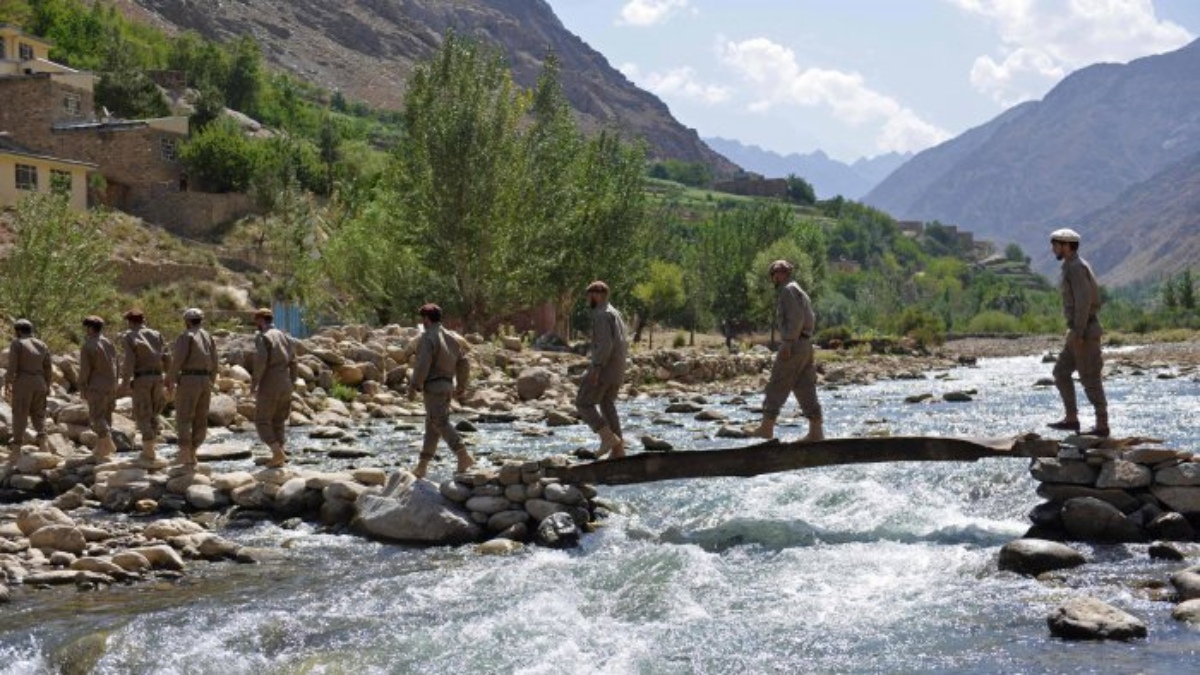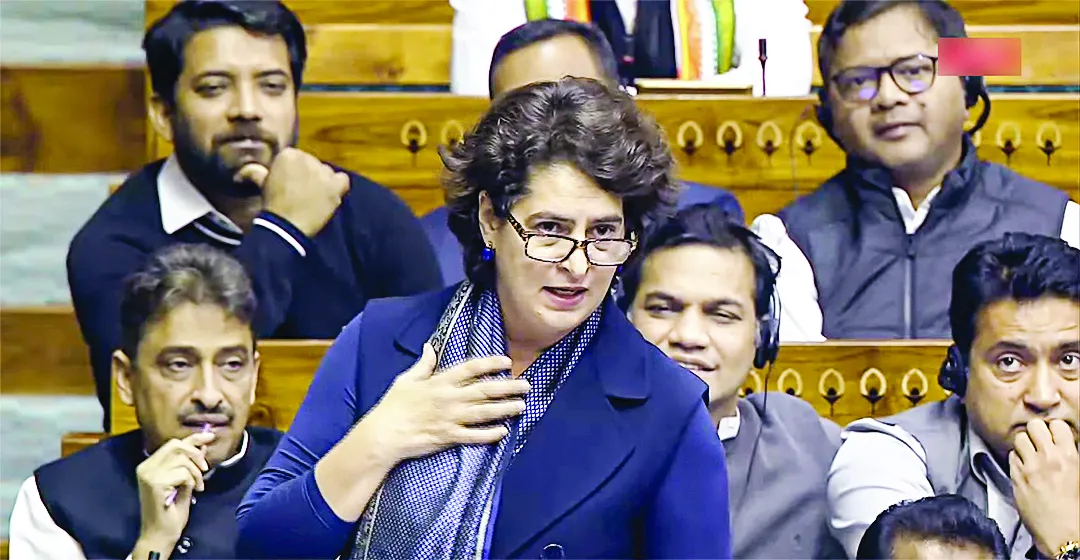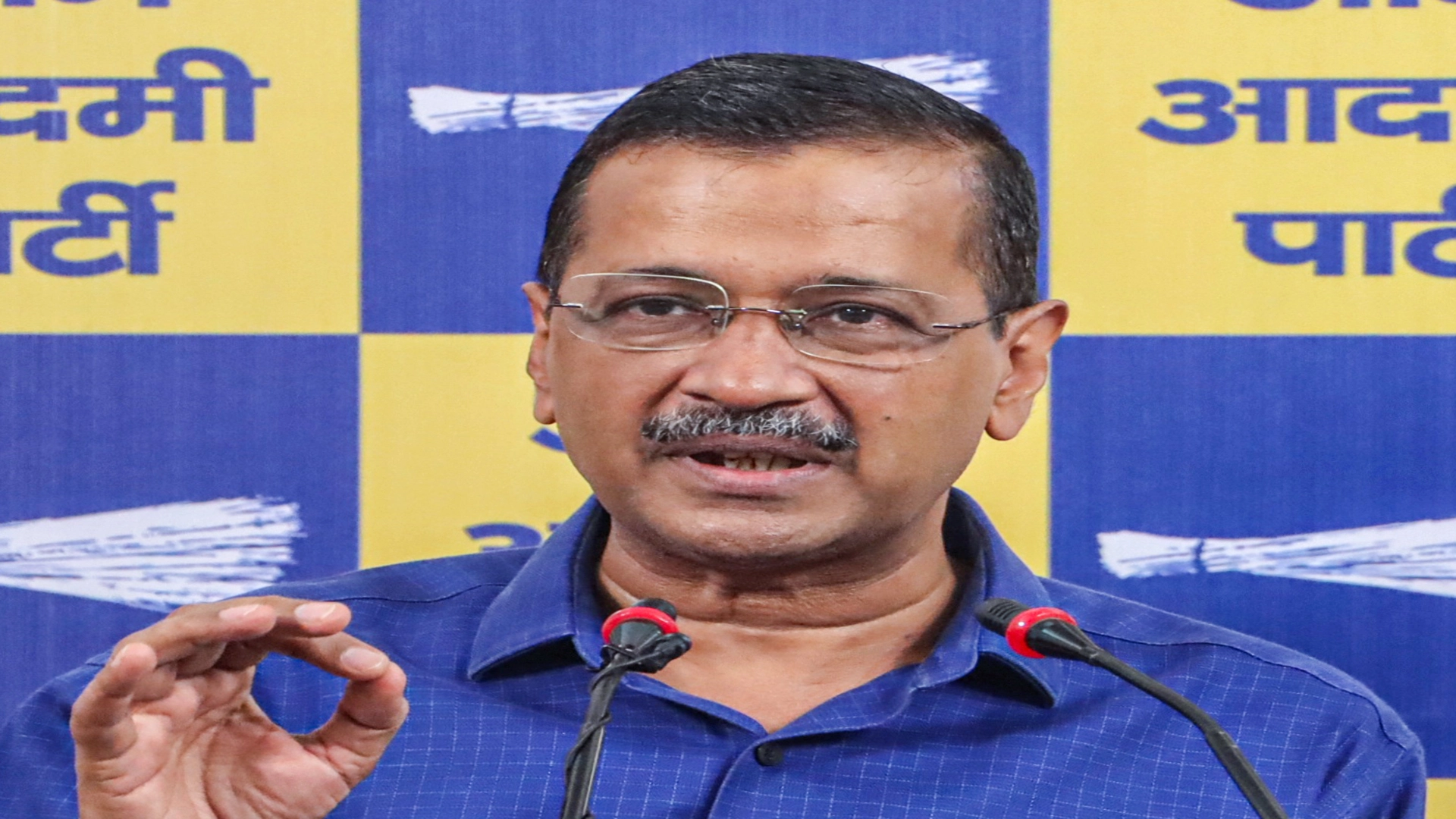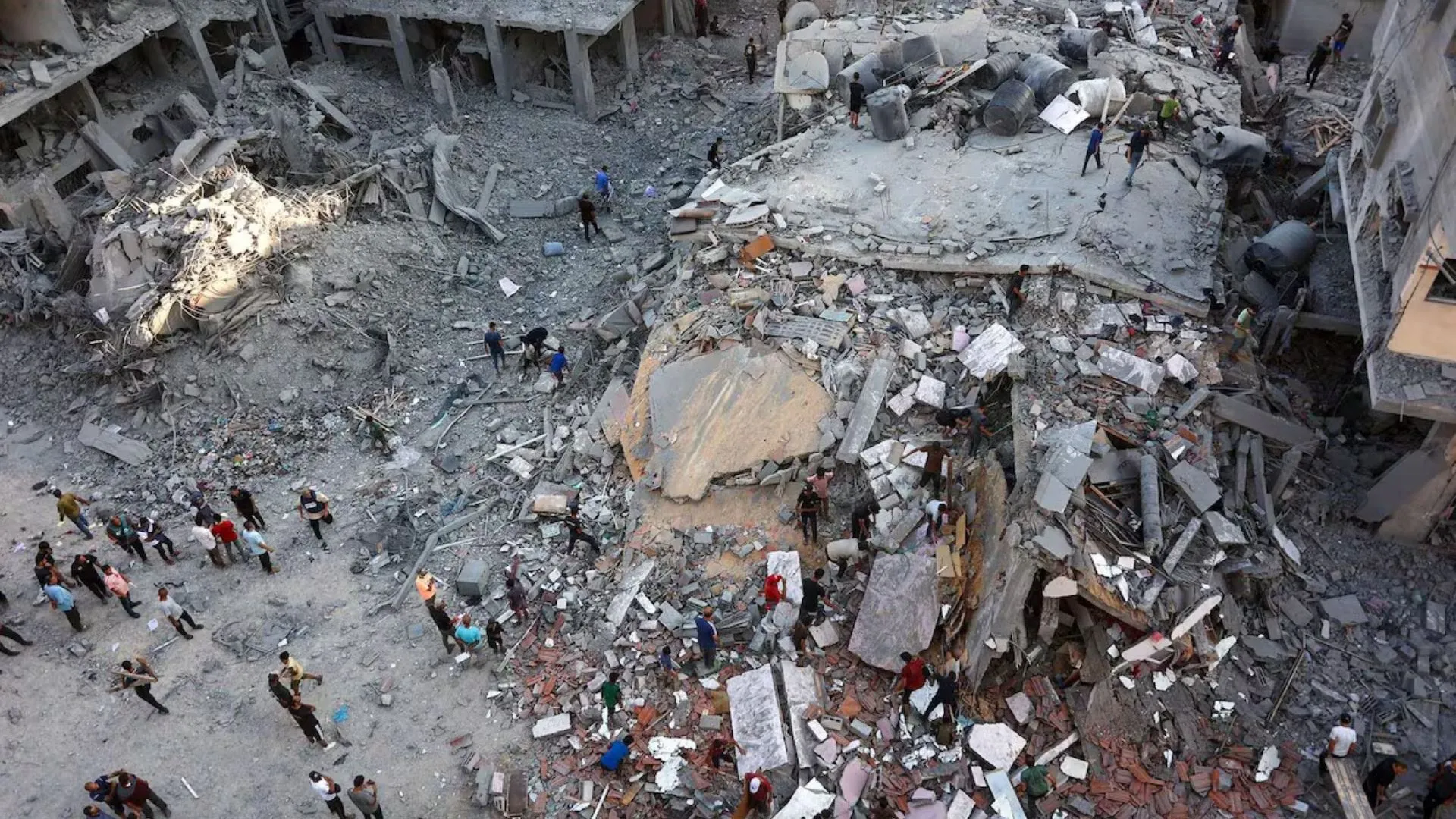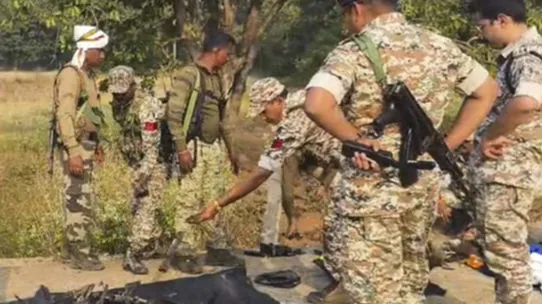In Afghanistan, the Panjshir province, around 150 km north of Kabul, is putting up a stiff resistance to the Taliban. Surrounded by insurmountable mountains and with a single entrance to the valley, it is the only pocket which the Taliban have failed to capture, yet. Once the seat of Northern Alliance commander Ahmad Shah Massoud, Panjshir has given refuge to the country’s former Vice President, Amrullah Saleh, currently the “caretaker President”. With him is Ahmad Shah Massoud’s son, Ahmad Massoud. Anti-Taliban militias and several erstwhile members of the security forces from across Afghanistan are reaching Panjshir to join the fledgling resistance. There is hope in history for this avatar of the Northern Alliance—for Panjshir, by dint of its topography, stayed unconquered during the Soviet era and also when the Taliban were ruling Afghanistan in the 1990s (1996-2001). The resistance force has made moderate gains outside Panjshir as well, with some reports saying that it has taken control of four crucial districts, three in the neighbouring eastern Baghlan province and one in Parwan, in an attempt to open a route to the north and to Tajikistan. However, the claim is being refuted by the Taliban. At the time of writing, the Taliban have sent hundreds of men to take Panjshir but are said to have suffered heavy casualties in the ongoing fighting.
It is difficult to predict for how long the resistance can counter the Taliban onslaught. They have very little operational depth, because Panjshir is a small valley. Worse, Panjshir is Taliban-land-locked, with no access to the north, so basically it is without supply lines. The Northern Alliance was successful in its first avatar because the north was “free” of the Taliban at the time. Ahmad Shah Massoud had control over the territory and thus was able to keep supply lines from Tajikistan open. It was largely through Tajikistan that arms and ammunition came to Massoud’s men. Massoud also had the support of the warlords who dominated the north. In 2021, the situation is not favourable for the resistance. Neither does it control the north, nor does it have any “alliance of warlords” to support it, for most of the latter have either fled abroad or surrendered to the Taliban. Saleh and Massoud need arms, ammunition and resources for them to sustain the resistance and then to ensure that it spreads, to start with, in the north, a region dominated by the Tajik, the Uzbek and the Hazara, who formed the core of the Northern Alliance under Ahmad Shah Massoud. But that support is currently missing.
Will it be too much to hope that President Joe Biden will provide that support? If he fails to do so, he will let Pakistan’s rogue regime remake Afghanistan in their own image—a nursery of terrorism, which will threaten the peace of the US too, sooner or later. But then it does not inspire confidence that the US is yet to declare the Taliban a terrorist organization; it also raises questions about the exact nature of the deal that the Biden administration struck with the Taliban to ensure that US troops do not come under attack. Also baffling is the silence of President Biden on Pakistan’s malign role in the Taliban takeover of Afghanistan. In a bizarre development, a Pakistan-funded and trained terrorist group such as the Haqqani network has been given charge of the security of Kabul. The situation in Afghanistan is deteriorating by the day, courtesy Pakistan. The Taliban have started going back to their old ways of letting the gun and the whip do the talking for them. They are hunting for those who have worked with past governments and with foreign forces. The common Afghan lives in fear. Women have lost their independence overnight. Amid this, US allies have been left wondering if Biden’s message, “America is back” has any substance. Unhappiness is growing among G7 countries at the world’s number one superpower abdicating its responsibility towards the Afghan people. However, instead of trying to restore confidence in US’ superpower status, the Biden administration is busy sanitizing the narrative. French President Emmanuel Macron, during a phone call with President Biden this week, spoke of “moral responsibility” of the US and its allies to evacuate their Afghan allies from Kabul. The White House readout of the call omitted that reference, making it clear which way President Biden is headed—following in the footsteps of his bitter rival, the inward-looking Donald Trump.
In such a situation, what sort of help can Amrullah Saleh and Ahmad Massoud expect from President Biden? “None” is not the answer. Pressure must be built on him to correct his course. The G7 needs to take a lead on this, apart from helping Saleh and Massoud with what they need. India too needs to stand by its friends in Northern Alliance 2.0. Saleh and Massoud must succeed. A lot depends on it.

